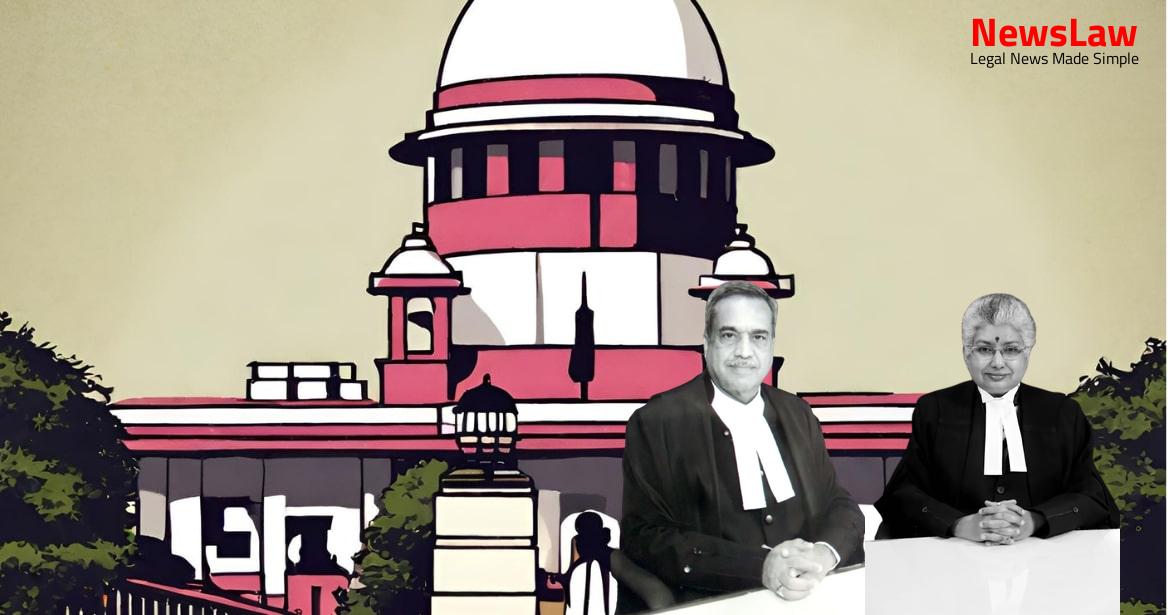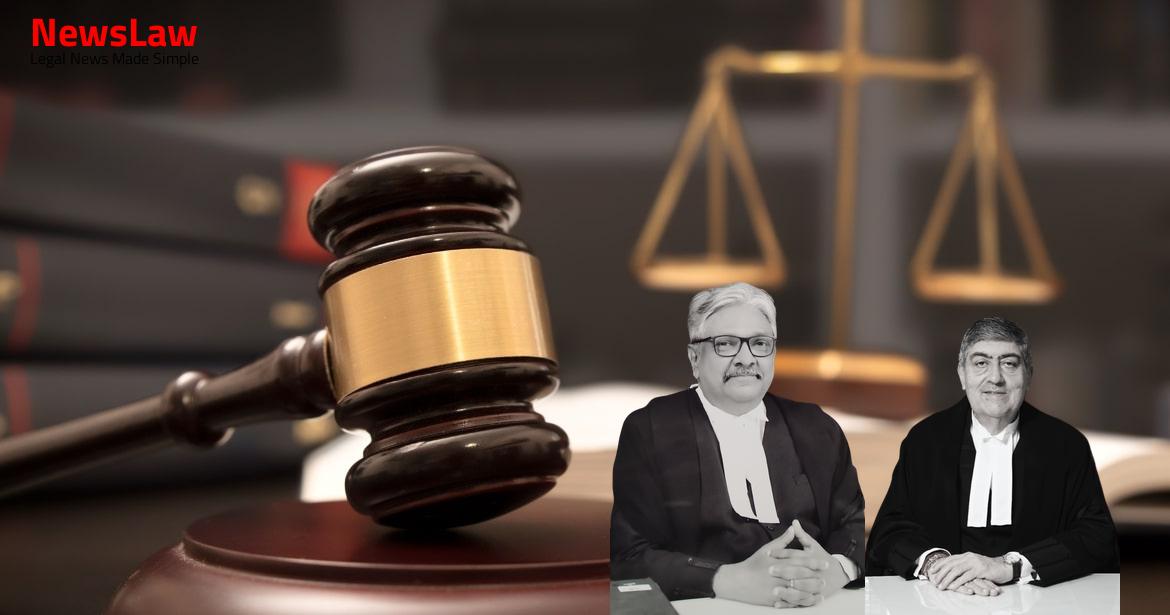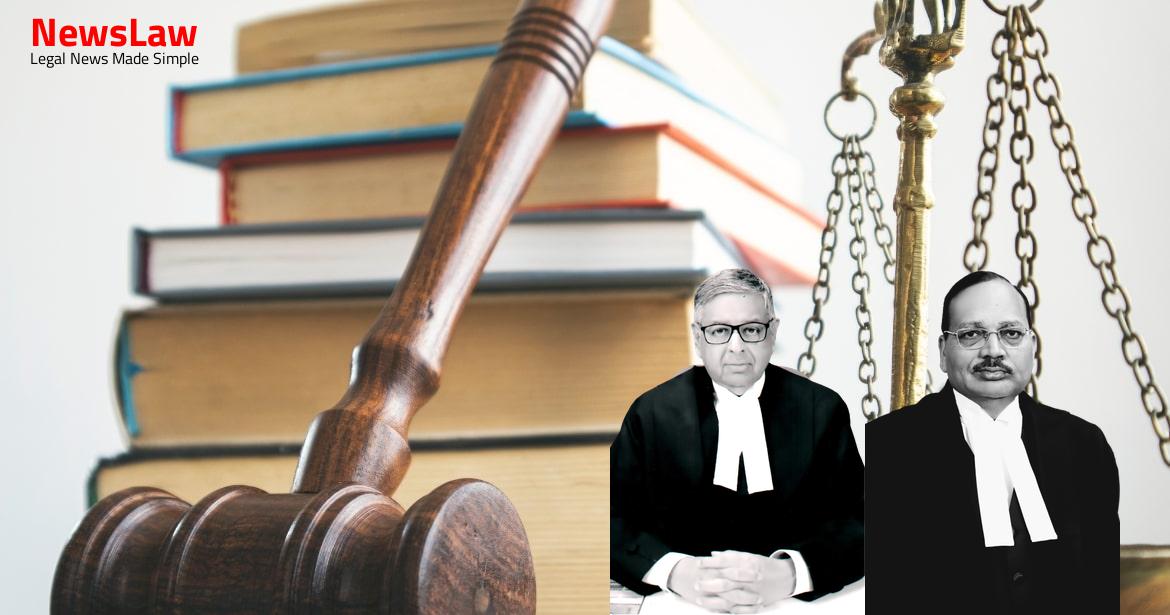Explore the judicial scrutiny of the EWS reservation criteria in education, focusing on the constitutional validity and impact on existing reservation categories. The court’s detailed legal analysis delves into determining economic backwardness, representation in higher education, and the quest for social justice through balanced reservations.
Facts
- The Union Government formed a Committee on 30 November 2021 to review the criteria for identifying EWS.
- The ASG, Mr KM Nataraj informed the Court that an affidavit will be filed within two days.
- The Committee submitted its report on 31 December 2021 after a request was made by the Solicitor General.
- The Union Government of its own accord deferred the counseling due to the pendency of the petitions.
- The Union Government filed an affidavit before the Court accepting the recommendations of the Committee, including retaining the existing criteria for identifying EWS for the admission year 2021-2022.
- The notice implements a 27% reservation for OBC (non-creamy layer) and a 10% reservation for EWS while filling up 15% undergraduate and 50% post-graduate All India Quota seats in pursuance of NEET.
- The petitioners are doctors who appeared in the NEET-PG 2021 examination.
- The Solicitor General sought an adjournment when the matter was listed for hearing on 28 October 2021.
- The Union Government filed an affidavit justifying the EWS criteria on 26 October 2021, stating that it was adopted after due deliberation within the Ministry of Social Justice and Empowerment and all concerned stakeholders.
- The petitions were instituted on 24 August 2021 to challenge the validity of the notice dated 29 July 2021.
- It was submitted on behalf of the Union Government that the OBC and EWS reservation with the old criteria be allowed to be implemented for the current admission year of 2021.
- Union Government requested four weeks to revisit criteria for determining EWS
- Court formulated issues to disclose rationale for EWS criteria
- Clarifications sought on using Rs 8 lakhs as cut-off income limit for identifying EWS
Also Read: Electoral Malpractices in Mayor Election
Analysis
- The court considered the constitutional validity of the EWS reservation in education and employment.
- It examined the criteria for determining economic backwardness and the extent of reservation provided.
- The court evaluated the impact of the reservation on the existing reservation for other categories.
- It also looked into the representation of the EWS in higher education and government jobs.
- The court considered the need for a balanced approach to reservations to ensure social justice.
Also Read: Balancing Power and Transparency: Electoral Bonds Struck Down, Disclosure Mandated
Decision
- Acceptance of the recommendation of the Pandey Committee to use the EWS criteria as stipulated in OM 2019 for NEET-PG 2021-2022 to ensure continuity in the admission process.
- Counselling for NEET-PG 2021 and NEET-UG 2021 to be conducted based on the reservation as per the notice dated 29 July 2021, including 27% OBC reservation and 10% EWS reservation in the AIQ seats.
- Utilization of the EWS criteria from OM 2019 to identify EWS category candidates for NEET-PG 2021 and NEET-UG 2021 exams.
- The validation of the EWS identification criteria set by the Pandey Committee will be subject to the final outcome of the petitions.
- The petitions regarding the validity of the EWS criteria recommended by the Pandey Committee will be listed for final hearing in the third week of March 2022.
Also Read: Recall of Resolution Plan Approval: Legal Analysis
Case Title: NEIL AURELIO NUNES Vs. UNION OF INDIA (2022 INSC 21)
Case Number: W.P.(C) No.-000961 / 2021



